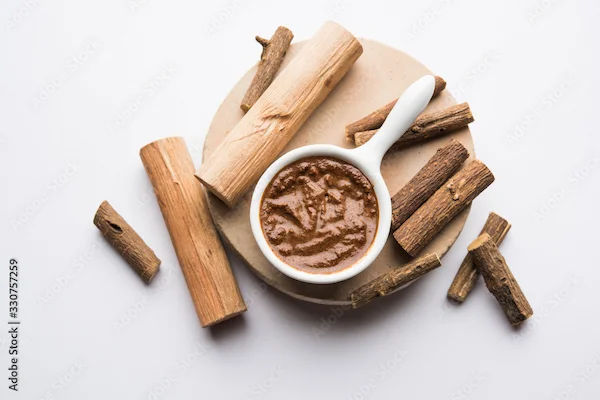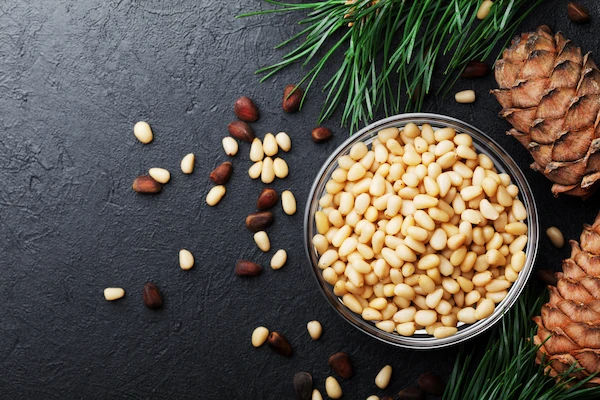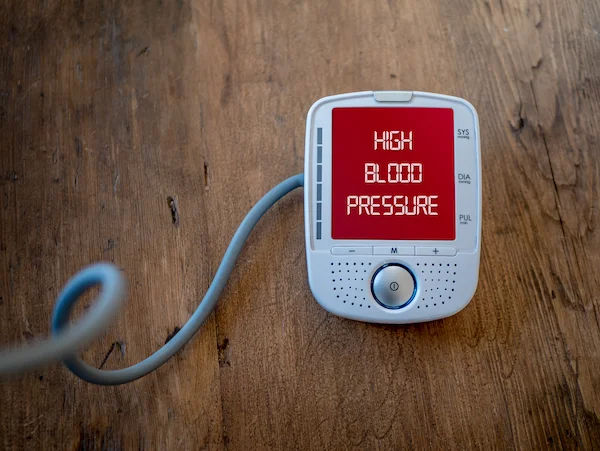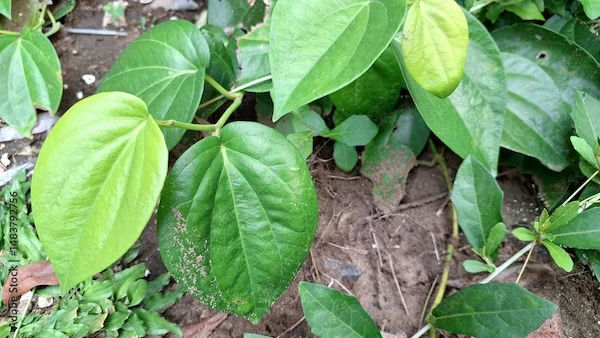Managing High Blood Pressure Effectively
Learn how to manage high blood pressure effectively with lifestyle changes, a healthy diet, and medical support. Discover symptoms, causes, and tips to lower your blood pressure.

Written by Dr. Vasanthasree Nair
Reviewed by Dr. Mohammed Kamran MBBS, FIDM
Last updated on 29th Jul, 2025

Managing High Blood Pressure Effectively
High blood pressure, also known as hypertension, is a common but serious condition that affects millions of people worldwide. If left uncontrolled, it can lead to severe health problems like heart disease, stroke, and kidney damage. The good news is that with the right lifestyle changes and medical support, high blood pressure can be managed effectively.
This article will help you understand what high blood pressure is, its symptoms, causes, and how you can take control of your health with simple yet powerful steps.
What is High Blood Pressure?
Blood pressure is the force of blood pushing against the walls of your arteries as your heart pumps. High blood pressure occurs when this force is consistently too high, putting extra strain on your heart and blood vessels.
A normal blood pressure reading is around 120/80 mmHg. If your readings consistently show 130/80 mmHg or higher, you may have high blood pressure.
Symptoms of High Blood Pressure
One of the biggest challenges with high blood pressure is that it often has no noticeable symptoms, which is why it’s called the "silent killer." Some people may experience:
- Headaches
- Dizziness
- Blurred vision
- Shortness of breath
- Chest pain
However, these symptoms usually appear only when blood pressure is dangerously high. That’s why regular check-ups are crucial.
What Causes High Blood Pressure?
Several factors contribute to high blood pressure, including:
1. Unhealthy Lifestyle Choices
- High salt intake – Excess sodium increases blood pressure.
- Lack of physical activity – Being inactive weakens the heart and blood vessels.
- Poor diet – Too much processed food, saturated fats, and sugar can raise blood pressure.
- Alcohol and smoking – Both can damage blood vessels and increase pressure.
2. Medical Conditions
- Obesity
- Diabetes
- Kidney disease
- Thyroid disorders
3. Genetics & Age
- Family history of hypertension
- Risk increases with age
How Does High Blood Pressure Affect Your Health?
If not controlled, high blood pressure can lead to:
- Heart disease (heart attack, heart failure)
- Stroke (due to damaged blood vessels in the brain)
- Kidney damage (high pressure strains kidney filters)
- Vision problems (damaged blood vessels in the eyes)
- Memory issues (linked to reduced blood flow to the brain)
Consult a Top Cardiologist for More Health Benefits
Effective Ways to Manage High Blood Pressure
The best approach to managing high blood pressure includes lifestyle changes and, if needed, medication. Here are some proven strategies:
1. Eat a Heart-Healthy Diet
- Reduce salt intake – Aim for less than 1,500 mg of sodium per day.
- Increase potassium-rich foods – Bananas, spinach, sweet potatoes help balance sodium effects.
- Follow the DASH diet (Dietary Approaches to Stop Hypertension) – Focus on fruits, vegetables, whole grains, and lean proteins.
2. Exercise Regularly
- Aim for at least 30 minutes of moderate exercise (walking, swimming, cycling) most days.
- Strength training (twice a week) also helps improve heart health.
3. Maintain a Healthy Weight
- Losing even 5-10% of body weight can significantly lower blood pressure.
4. Limit Alcohol & Quit Smoking
- Men: No more than 2 drinks per day.
- Women: No more than 1 drink per day.
- Smoking damages blood vessels—quitting improves circulation and lowers pressure.
5. Manage Stress
- Practice deep breathing, meditation, or yoga.
- Get 7-8 hours of sleep per night.
6. Monitor Blood Pressure Regularly
- Check at home with a reliable monitor.
- Keep a log and share it with your doctor.
7. Take Prescribed Medications
If lifestyle changes aren’t enough, your doctor may prescribe medications like:
- Diuretics (reduce excess fluid)
- ACE inhibitors (relax blood vessels)
- Beta-blockers (reduce heart workload)
Always take medicines as directed and never stop without consulting your doctor.
When to See a Doctor?
If you:
- Have consistently high readings (140/90 mmHg or above).
- Experience severe headaches, chest pain, or confusion.
- Have other risk factors like diabetes or heart disease.
It’s important to consult a doctor for proper diagnosis and treatment.
Conclusion
High blood pressure is manageable with the right approach. Small, consistent changes in diet, exercise, and stress management can make a big difference.
If you need expert guidance, Apollo 24|7 offers consultations with top cardiologists and easy blood pressure monitoring tools. Book an appointment today and take the first step towards a healthier heart!
Consult a Top Cardiologist for More Health Benefits
Consult a Top Cardiologist for More Health Benefits
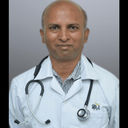
Dr. Sharad Jain
Cardiologist
21 Years • MBBS; MD(MED); DM(CARDIOLOGY)
Ahmedabad
Apollo Hospitals Gandhinagar, Ahmedabad
(25+ Patients)

Dr. Subir Ghosh
Cardiologist
16 Years • MBBS; MD(MED); DM(Cardio)
Ahmedabad
Apollo Hospitals Gandhinagar, Ahmedabad

Dr. Chakradhar Pedada
Cardiologist
5 Years • MBBS,MD,DM
Visakhapatnam
Apollo Hospitals Ramnagar Vizag, Visakhapatnam
(25+ Patients)

Dr Ravi Kanth T
Cardiologist
7 Years • MD, DM, PDF
Visakhapatnam
Apollo Hospitals Ramnagar Vizag, Visakhapatnam
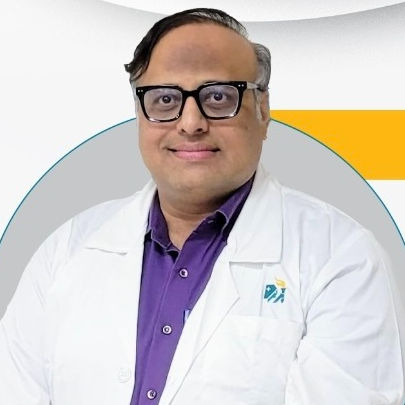
Dr. Lal Daga
Cardiologist
20 Years • MBBS, DNB [MED], DNB [CARDIO], FESC [INT], MNAMS
Ahmedabad
Apollo Hospitals Gandhinagar, Ahmedabad
